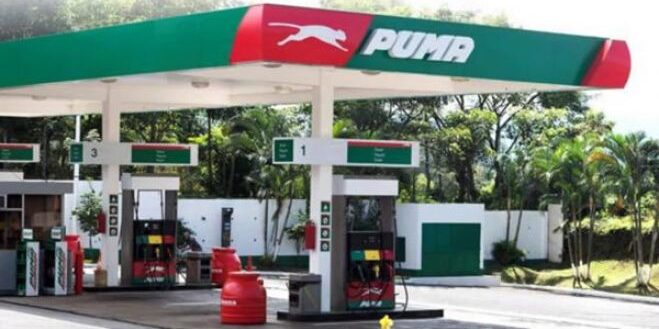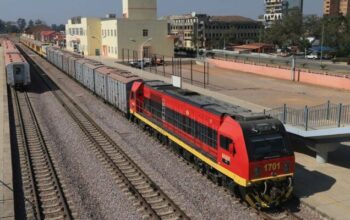The new Pumangol post, on Avenida Pedro de Castro Van-Dúnem “Loy”, in the municipality of Talatona, in Luanda, represents an investment of US$3.7 million, which resulted in 45 direct jobs.
The information was advanced, on Tuesday night, during the opening act, by the chairman of the Board of Directors of Pumangol.
Ivanilson Machado said that the last Pumangol post had opened in 2020.
Since then, according to its PCA, there has been a slight stagnation, overcome with the entry of Sonangol as a new shareholder.
This partnership enabled the redefinition of Pumangol’s strategy and the resumption of investments.
Ivanilson Machado announced that this inauguration in March is the first, but over the course of the year there will be another three (3) in Luanda and one more in another province not identified by the source.
“This is an asset for customers, as we are currently providing several direct jobs, all of which were trained at our academy. Obviously, this group includes employees from the Spar store, but in all were hired for this project and trained for this same purpose”, he said.
Ivanilson Machado believes that the departure of Total Energies and the new partnership with Sonangol represent a step of great significance, as it allowed the project to be entirely managed by Angolans, a sign of confidence by the national oil company in local staff.
“This resumption of investments is, without a doubt, a vote of confidence on the part of the shareholder and will obviously be the first of many to come”, he said.
At the moment, Pumangol has land identified by the 18 provinces, but the implementation of new projects will depend on defining a strategy to know where to start, as well as guaranteeing the availability of financial resources for full implementation.
Among the main advantages of the new Pumangol station, emphasis goes to the filtering systems, integration between the supply board and the “Spar” convenience stores, stock control, CCTV system and an entire internal control system.
Sonangol values partnership
The chairman of Sonangol’s Board of Directors, Sebastião Gaspar Martins, considered the opening of the new Pumangol station as an undertaking that will have an impact on improving the quality of life of citizens.
He referred that the concept that the infrastructures present, a convenience store and the filling station itself, contributes to it not being seen only as a place to fill up the vehicle, but also to enjoy some services and leisure.
“For us, once you are associated with Pumangol, it is a way of showing that the Pumangol brand has not stopped because it is associated with Sonangol. On the contrary, the company has a strategic plan, which is growing. 80th place; they are all over the country and we believe that the main beneficiary is the Angolan people”, he said.
Sebastião Gaspar Martins considers the partnership between Sonangol and Pumangol “very healthy” in strategic terms, insofar as Sonangol stations are forced to compete and seek to improve the quality of services, in a business environment where the search for the best protagonism translates into the good of all.
Pumangol and Sonangol are committed to strengthening the joint strategy aimed at reducing asymmetries in the distribution of oil derivatives across the different regions of the national territory, whose strategy is based on a partnership focused on the implementation of modern fueling stations and services to solidify the value chain in the 18 provinces.
The opening event of the Pumangol filling station 80 was honored by the Secretary of State for Mineral Resources, Jânio Correia Víctor.
Based on the 2018/2022 National Development Plan (PDN) and the needs presented by provincial governments, the ideal number of fuel filling stations nationwide is 1,132.
Data from the Ministry of Mineral Resources, Oil and Gas (MIREMPET), through the Regulatory Institute for Petroleum Derivatives (IRDP), indicate that, at the moment, there are over 900 filling stations, but still far from ideal, in addition to the challenge of deconcentrating across the country, as more than 70 percent is centered in the country’s capital, Luanda.
![]()




